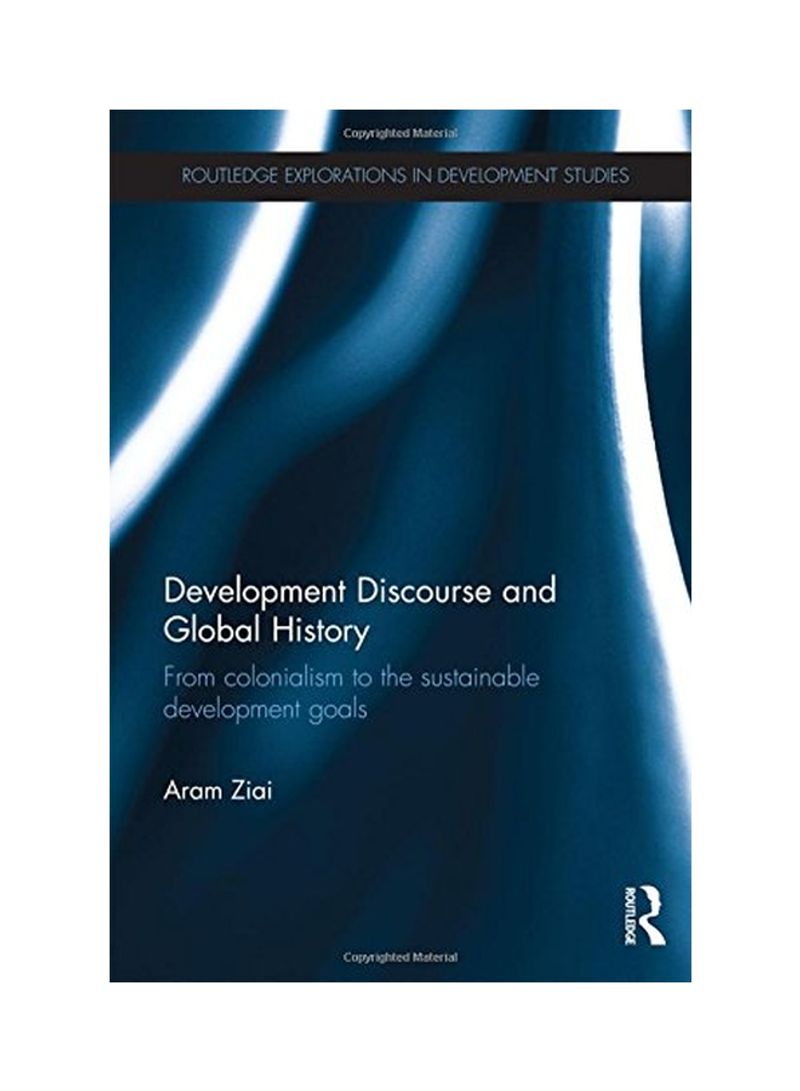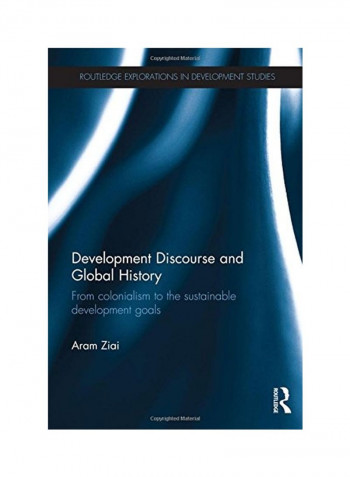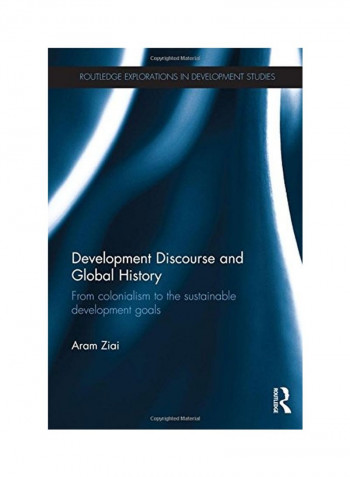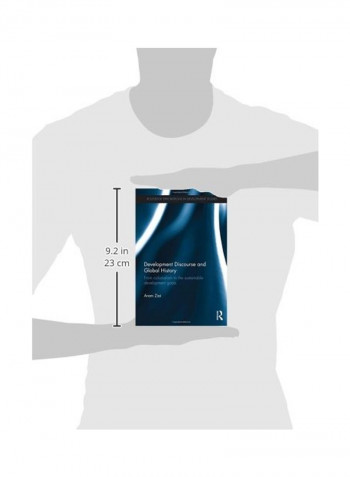Development Discourse And Global History: From Colonialism To The Sustainable Development Goals Hardcover
Recommend
Sort by
Rating
Date
Specifications
Country of Origin
India
Author 1
Aram Ziai
Book Description
The manner in which people have been talking and writing about ?development? and the rules according to which they have done so have evolved over time. Development Discourse and Global History uses the archaeological and genealogical methods of Michel Foucault to trace the origins of development discourse back to late colonialism and notes the significant discontinuities that led to the establishment of a new discourse and its accompanying industry. This book goes on to describe the contestations, appropriations and transformations of the concept. It shows how some of the trends in development discourse since the crisis of the 1980s - the emphasis on participation and ownership, sustainable development and free markets - are incompatible with the original rules and thus lead to serious contradictions. The Eurocentric, authoritarian and depoliticizing elements in development discourse are uncovered, whilst still recognizing its progressive appropriations. The author concludes by analysing the old and new features of development discourse which can be found in the debate on Sustainable Development Goals and discussing the contribution of discourse analysis to development studies. This book is aimed at researchers and students in development studies, global history and discourse analysis as well as an interdisciplinary audience from international relations, political science, sociology, geography, anthropology, language and literary studies.
ISBN-10
1138803251
ISBN-13
9781138803251
Language
English
Publisher
Taylor & Francis Ltd
Publication Date
29 Sep 2015
Number of Pages
244
About the Author
Aram Ziai is a Heisenberg-Professor of the German Research Foundation (DFG) for Development and Postcolonial Studies at the University of Kassel, Germany. He previously taught at the Institute for International Development (IE) at Vienna University.
Editorial Review
Development Discourse and Global History vividly follows the avatars of the development discourse from colonialism to the present, from the `civilizing mission' to the SDGs and the newest subfields such as migration and development. It admirably deploys Foucauldian theory and methodology, demonstrating why its author has become the most persistent and insightful analyst of development from poststructuralist perspectives. With this collection of essays not only does Ziai bring the critical analysis of development up to date, he enlightens us on previously understudied aspects of it, principally the change and transformation it has undergone since its inception. By showing us the inconsistencies and contradictions of the discourse, and not only its negative effects and progressive appropriations, he provides us with a new platform for arguing why the concept of development needs to be abandoned, perhaps in favor of simpler, more honest notions, less encumbered by colonialist histories and Eurocentric categories. In doing so, finally, he renews the promise of critical theory as a crucial element in the toolkit for constructing other possible worlds." - Arturo Escobar, Kenan Professor of Anthropology, University of North Carolina, Chapel Hill, USA. "The book's main strength is the way in which it draws together a wide range of critical discussions of development and condenses from them a coherent and clear critique of development. While discourse analysis (and other poststructuralist approaches) are often criticised for using obscure or unnecessarily complex language, Ziai's book is clear and jargon-free. Furthermore, it begins with a very accessible discussion of poststructuralism and discourse analysis rather than assuming familiarity with the terms that will be used in the rest of the book." - The Journal of Development Studies, Sally Matthews, Rhodes University "this book is a great contribution to critical development studies. The reader will find abundant, solid, coherent, empirically based arguments proving that the development discourse is an exemplary case of a knowledge-power discursive formation. Instead of assuming that 'development' offers a solid framework to apprehend injustice and human suffering, Ziai shows the profound onto-epistemological complexity of the problem - arguably the only way to rethink the issue in order to find different ways to effectively promote change." - Progress in Development Studies, Juan Telleria, University of Essex and HEGOA Institute University of the Basque Country (Spain)





